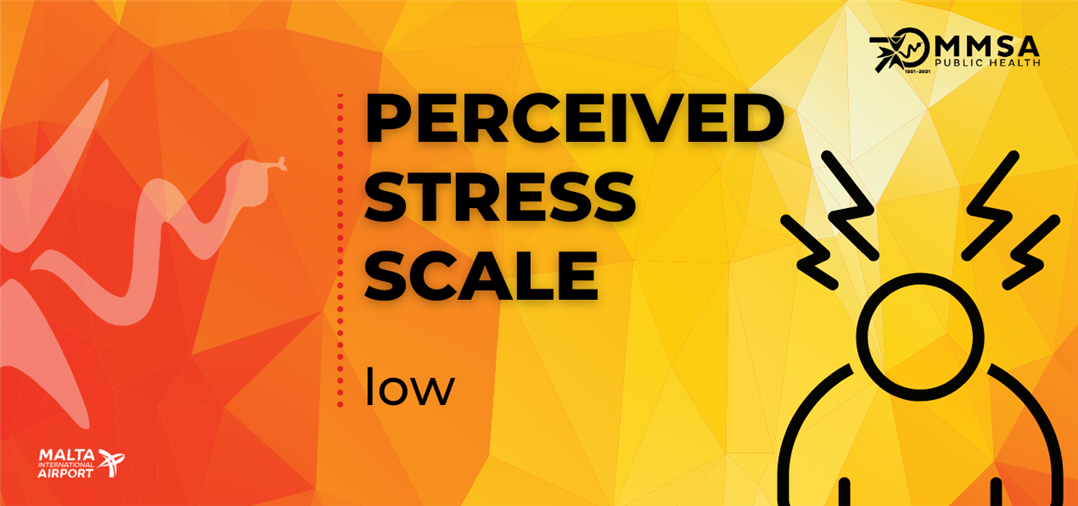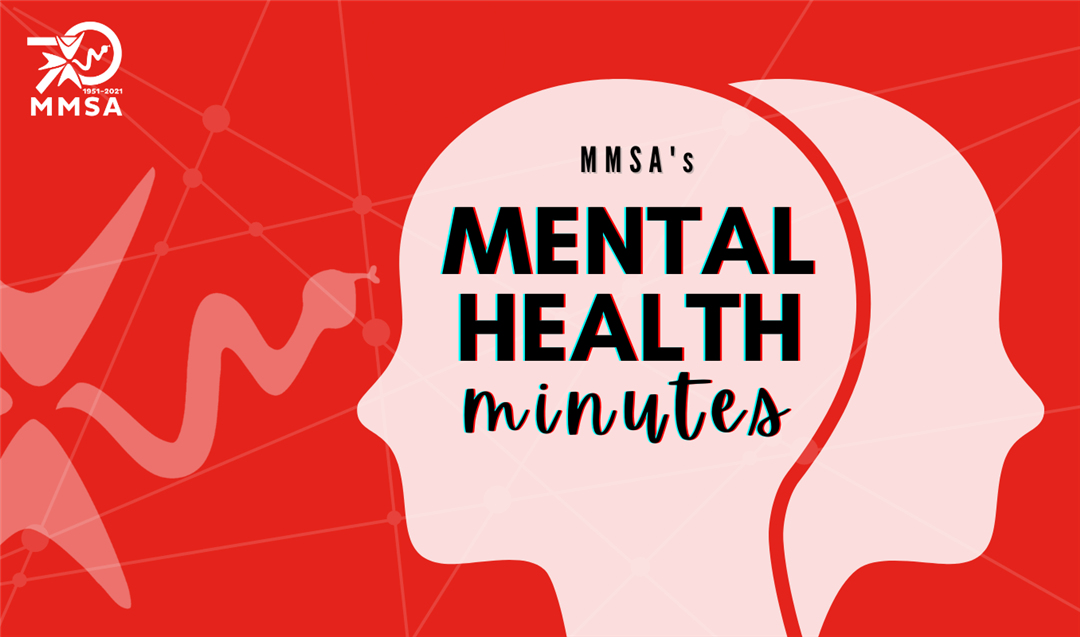Low Stress
You’ve answered this Perceived Stress Scale (PSS) in a manner consistent with people experiencing Low Levels of Stress - this implies that although you may feel the effects of stress every now and then, this is very unlikely to affect your daily activities. In fact, the stress experienced may be good stress, allowing you to work better under pressure. Beginning stress-management techniques, as highlighted below, and being aware of the triggers for stress may help you in dealing with stress in the long term.
What is stress?
Stress is your body's reaction to a challenge or demand. In short bursts, stress can be positive, such as when it helps you avoid danger or meet a deadline.
When stress levels increase, tension may be created and you may not be able to handle the situations at hand. At times, you might not be able to return to a relaxed state in the absence of the stressor.
Whereas good stress provides an opportunity for creativity and growth, bad stress reduces productivity and creativity.
Coping Mechanisms
Stress is your body's reaction to a challenge or demand and can result in nervousness, shortness of breath, overeating/overdrinking or sleep disruption. There are a number of ways by which you can deal with stress:
- Take care of yourself
- Eat healthy and well-balanced meals.
- Exercise regularly - this improves both physical and mental fitness, and ultimately, decreasing stress levels.
- Get enough sleep - usually 7-9 hours of sleep are recommended.
- Take regular breaks, especially when you start to feel stressed.
- Talk to others
- Open up to others about how you are feeling, whether it’s with your parents, a trusted friend, counsellor or doctor.
- Open up to others about how you are feeling, whether it’s with your parents, a trusted friend, counsellor or doctor.
- Avoid drugs and alcohol
- Resorting to drugs, alcohol and even smoking can reduce stress in the moment, but they can also create additional problems and increase the stress you are already feeling in the long-term.
- Take a break
- If current events are increasing your stress levels, especially with the ongoing COVID-19 pandemic, it is encouraged to take a break from listening or watching the news.
- If current events are increasing your stress levels, especially with the ongoing COVID-19 pandemic, it is encouraged to take a break from listening or watching the news.
- Do not hesitate to seek more help!
If your stress levels persist or worsen, or you are thinking about suicide, there are various free helplines and resources where trained professionals are ready to listen to you and help you with your problems. These include:
- Kellimni.com
- Richmond Foundation Helpline 1770
- Agenzija Appogg Helpline 179
References







